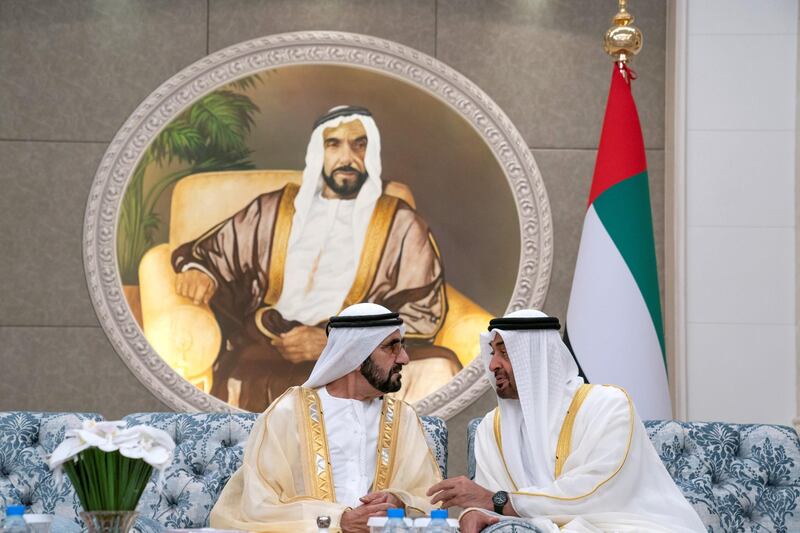I write to you in reference to your article UAE sets in motion 12-year plan to improve quality of life (June 10).
This is great news for everyone in the UAE. This 12-year plan shows just how much the UAE cares about its residents and paves the way for more talented people to make this nation their home.
In my home country of India, Prime Minister Narendra Modi is also trying to improve the lives of ordinary people. I am glad to see this is a growing trend around the world.
K Ragavan, Bengaluru
Well done to The National for an informative read
I write to you in reference to Hayley Skirka's article KLM's new Flying-V jet will take test flight in October 2019 (June 6).
This article was brilliantly written and I found it to be very informative.
I really loved the video inclusions and the very noticeable effort that had gone into making the piece a web-friendly read.
I would like to point out that it is articles like these that encourage myself and other readers to come back to The National’s website for news and to share what I’ve read.
Name withheld by request
Hajj should only be undertaken if you are healthy
I write to you in reference to Taylor Heyman's article Saudi Arabia's military invites British soldiers to perform Umrah in Makkah (June 11).
More than two million prospective Hajj pilgrims from around the world will start to converge on Makkah, Saudi Arabia, within weeks for the Hajj pilgrimage. Pilgrims have always been at high risk of contracting infectious diseases due to the close proximity of millions of people during the pilgrimage, especially at ceremonies and while sharing accommodation and public transport. Infectious diseases can be transmitted through direct person-to-person contact. Close and prolonged contact with infected individuals facilitates the spread of infection. Elderly and sick pilgrims suffering from chronic diseases, children, pregnant women and those with lower immunity are at a greater risk of contracting infectious diseases.
Those with compromised health are advised to postpone performing Hajj for their own safety until their health improves. It is not obligatory for anyone with a serious health condition to perform Hajj.
It is highly regrettable that the vast majority of attending pilgrims do not have appropriate knowledge of the risks involved when they are performing Hajj rituals among the daunting crowds. Past outbreaks of infectious diseases, in which a substantial number of pilgrims have lost their lives, could have been prevented had these pilgrims been equipped with knowledge of life-saving precautionary measures.
Senior doctors from our association strongly urge authorities from relevant countries sending pilgrims to Hajj to take pilgrimage related health and safety issues seriously.
Khalid Pervez, chairman, Association of British Hujjaj UK





